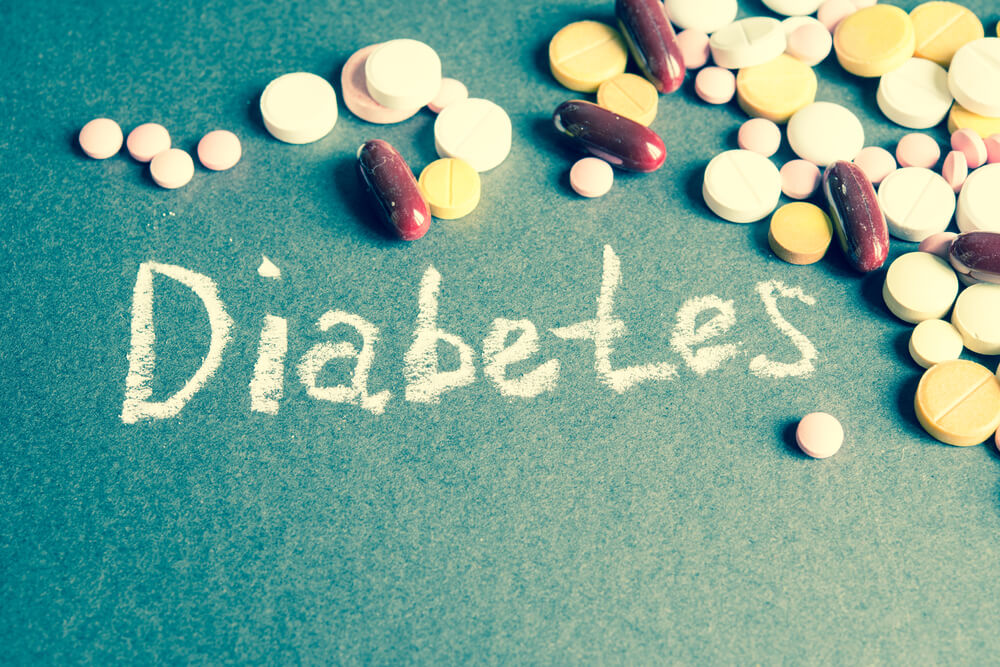Oral Type 2 Diabetes Medication – Medication for Diabetes Treatment
If you have type 2 diabetes it is possible that you can use oral medication for diabetes treatment. If you have type 1 diabetes, oral medicines for diabetes treatment is not possible because you must use insulin. Oral type 2 diabetes medication works best for those who plan out their meals and exercise, because these three types of treatment work well together to promote overall health and lower blood sugar levels. That said, oral type 2 diabetes medication isn’t right for everyone, it’s important to speak to your doctor about the different types of oral medications for diabetes and how they can work for you.
Oral Medicines for Diabetes
Oral medications for diabetes have a wide variety of options to work with your particular situation in order to keep blood sugar levels in a normal range. Here we give you a summary of oral type 2 diabetes medication so that you can be informed on what is out there, how it works, how to take it and their side effects.
Bigunides:
- Metformin
- Taken twice a day with morning and evening meals
- Lowers the amount of sugar released from the liver
- It’s side effects can cause bloating, gas, diarrhea, upset stomach, loss of appetite
- Metformin Extended Release
- Recommended once a day in the morning with food
- Lowers the amount of sugar released from the liver
- It’s side effects can cause bloating, gas, diarrhea, upset stomach, loss of appetite
Suklfonylureas:
- Glimepiride
- Glyburide
- Glipizide
- Micronized Glyburide
- Take each with a meal, if you don’t eat a specific meal, skip taking the dose of medication
- These medications stimulates the pancreas to release more insulin after a meal
- Their side effects go away quickly, but they must be taken with a meal, can cause low blood sugar
Meglitinides:
- Repaglinide
- Take with a meal, if you don’t eat a specific meal, skip taking the dose of medication
- This medication stimulates the pancreas to release more insulin after a meal
- Its side effects go away quickly, but it must be taken with a meal, can cause low blood sugar
D-Phenylalanine Derivatives:
- Nateglinide
- Take with a meal, if you don’t eat a specific meal, skip taking the dose of medication
- This medication stimulates the pancreas to release more insulin after a meal
- Its side effects go away quickly, but it must be taken with a meal, can cause low blood sugar
Thiazolidinediones Pioglitazone:
- Pioglitazone
- Take once a day, at the time each day
- This medication makes the body more sensitive to insulin
- It’s side effects can include swelling and fluid retention as well as increased risk of congestive heart failure for those who are at risk.
DPP-4 Inhibitors:
- Sitagliptin
- Saxagliptin
- Linagliptin
- These are taken once a day at the same time
- They improve insulin levels after a meal and lowers the amount of sugar produced by the body
- Their side effects can include stomach pain, diarrhea, sore throat, stuffy nose and upper respiratory infections
Alpha-Glucosidase Inhibitors:
- Acarbose
- Miglitol
- These medications should be taken with the first bite of a meal, and if you’re not eating, don’t take the medication
- They slow the absorption of carbs into the blood stream
- They can cause gas, diarrhea, upset stomach and stomach pain
Bile Acid Sequestrants:
- Colesevelam
- This should be taken once, or twice a day with a meal and with liquid
- This medication works together with other oral medicines for diabetes to lower blood sugar levels
- Side effects of this oral type 2 diabetes medication is constipation, nausea, diarrhea, gas, heartburn and headache.
There are other types of oral type 2 diabetes medication such as combination pills. This is just a brief overview of some oral medications for diabetes, as stated on the Joslin Diabetes Center informational page.
